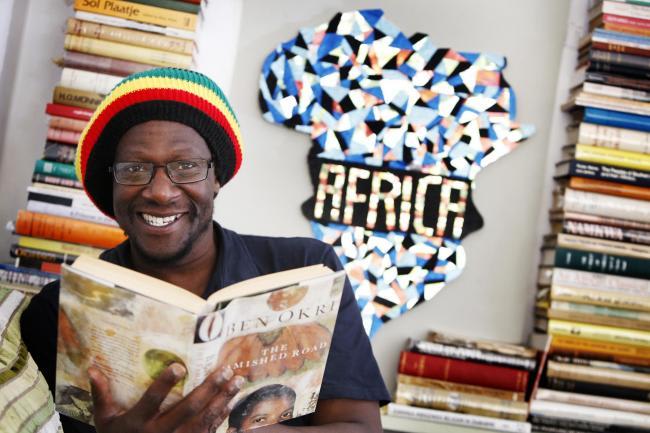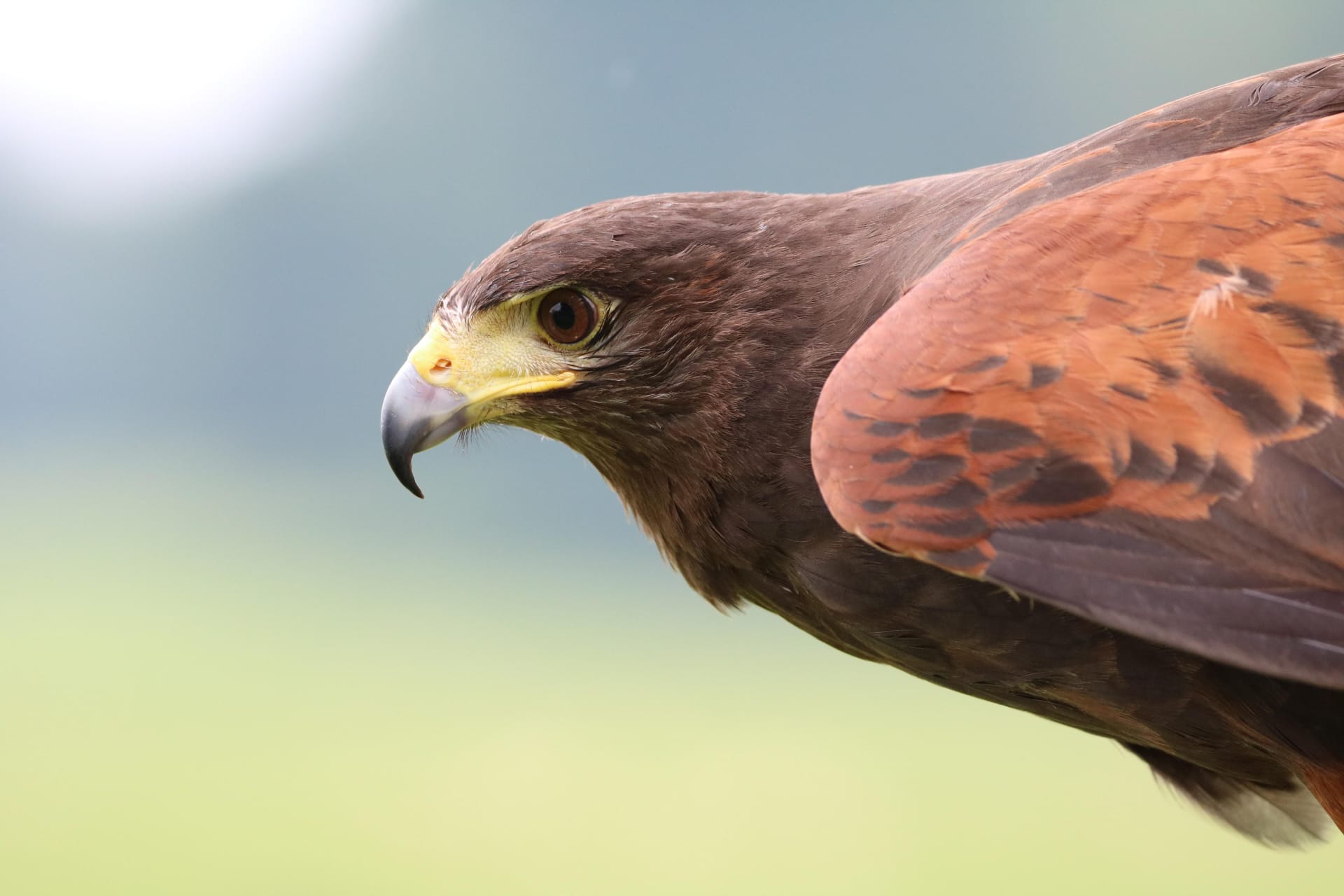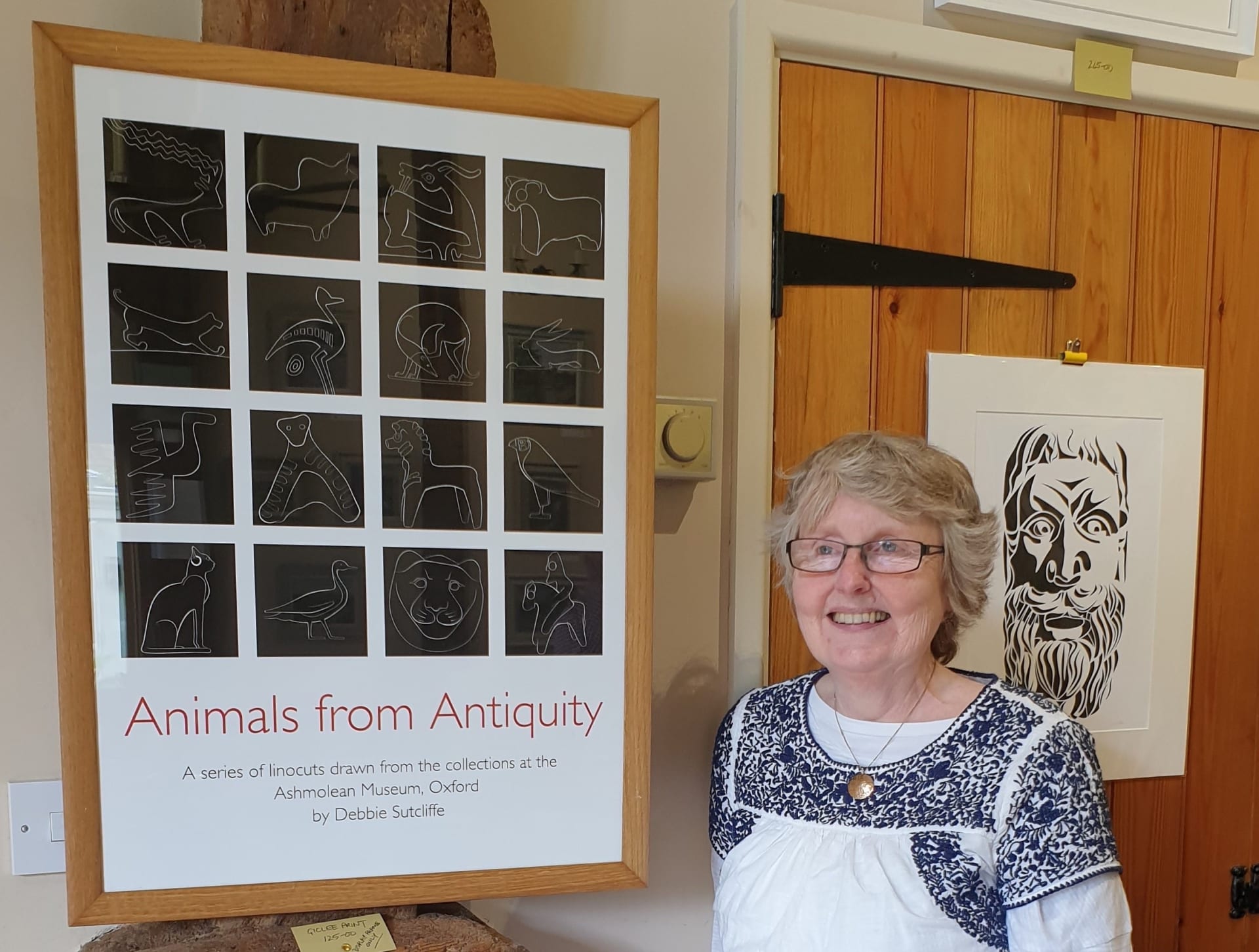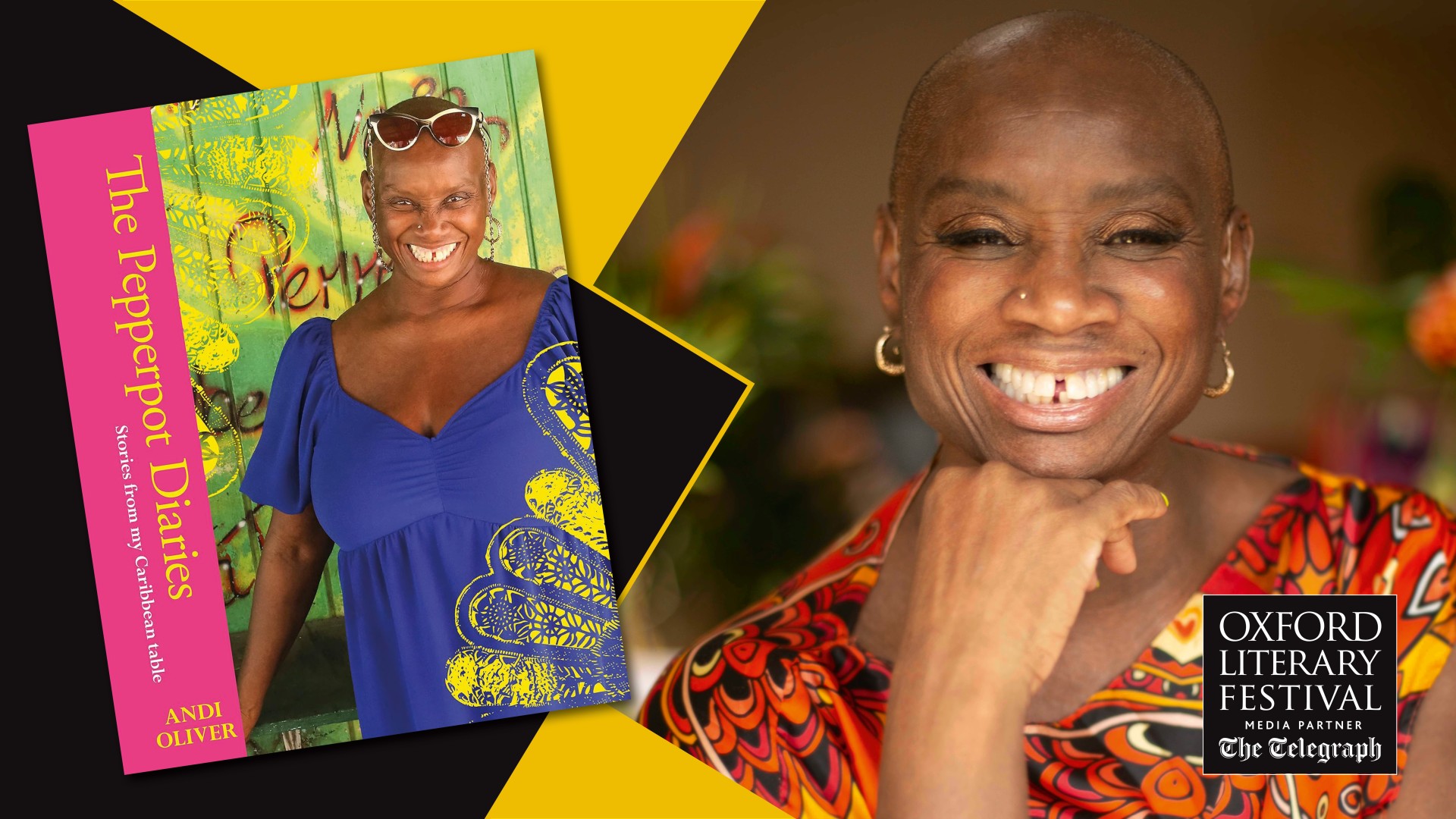If science is understood as the gathering of knowledge through study, then Oxford’s own story-telling griot, Natty Mark Samuels, is turning the idea on its head and gathering knowledge through stories. We were eager to find out more.
IF Oxford is a science-based festival and yet you are not a scientist – is that correct?
Yes, I'm not a scientist but I’m developing something called botanical folklore. I want to focus on looking at the way trees, fruits, vegetables, spices and herbs feature in Africa and Caribbean folklore.
Storytelling and science don’t feel like a natural fit but I like the fact it’s a different angle. How did it come about?
I’ve been involved with the festival for a few years now. I was looking into the medieval University in Mali (Timbuktu), specifically at the science manuscripts from scholars like Mohammed Bagayogo who had written on subject. I proposed the idea to IF Oxford and since then I have been involved every year.
Give me a one liner on botanical folklore.
A joyful celebration of flora through stories.
How does this relate to what we think of as science?
I guess this would fall into the fields of anthropology and botany. It’s just another angle. When we look at plants we tend to look at them as sources of food and medicine. A part of my mission is to re-introduce African folk tales and folklore to the general public because for years they have been under the guardianship of academics; you know folklore as part of anthropology or whatever. I want to reintroduce it all to the public.
Do you feel any resentment that this wealth of culture and expertise has been sidelined in this country for so long?
Yeah, if we're talking about African studies in general. Its just sad that the curriculum is still so Eurocentric. That why I set up the African School in Oxford 2009 to bridge that gap. There’s a real dearth of provision in Oxford for African studies. Oxford University offers a Masters not at undergraduate level, Brookes doesn't offer it, Abingdon and Witney College doesn't offer it, City College doesn't offer it, so it became my self-imposed remit to make sure that there was African School for the general public.
As far as folklore is concerned, I just feel a certain type of… not a sadness but disappointment. I know others aren’t aware of the folk tales I enjoy listening to and reading but there’s now so much access to them. It’s just a shame that we have got so used to sitting around a screen. We forget to just switch off and sit around and tell stories.
I was thinking about oral history projects and non-conventional research methods. I read recently of a botanical illustrator who discovered a new species of water lilies through her drawings.
Look at the baobab tree. They verified a new species of that in 2012 so I need to look and see where that particular species of baobab features in the folklore. I’ve always focused on the Adansonia digitata which is the species that is known on the mainland of Africa. It features a lot in folklore. The Hadza people are Tanzania’s last link to original humanity –they still hunt with bow and arrows and gather berries and there’s only around 1000 of them left. They think that their first ancestor was born in a baobab tree but there’s another version; that they emerged from the sky and landed on earth on a baobab tree.
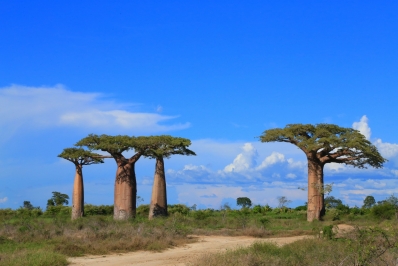
Another way that the Adansonia digitate, or baobab, features is in the story of Sundiata (Sunjata). He's kind of like the founder of the Mali empire and he was born into a less abled body. There’s a special date where boys go and gather baobab leaves for their mothers to cook a meal – it’s part of the initiation process of going into manhood. Sundiata couldn't collect the leaves for his mum and this generates rage and anger in him. In his anger he goes to the blacksmith and asks him to make an iron bar. He lifts himself up with this iron bar, goes up to the baobab tree, uproots it and plants it in his mother’s compound.
There are all these ways that I’ve been looking at how this tree interacts in these stories and I’ve got to find out how this other species connects. So, the research continues – I love the adventures so I’m looking forward to it.
Who gathers the stories?
Through my research I come across books. From the 40s right up to contemporary publications which are published by people such as the African Books Collective. There’s a whole range of literature. Amos Tutuola from Nigeria wrote about eight or nine novels based on Yoruba folklore. This year is the 70th anniversary of the first novel he published (The Palm Wine Drinkard) which had a great review written by Dylan Thomas and TS Eliot who was working at Faber and Faber in the early 50s championed its publication.
How do you engage people in your storytelling?
Charm! And I use chant. Part of the African and Caribbean tradition is audience participation. This can happen through people answering riddles or making comments but mainly through song. I write my own chants and that’s my way of engaging people; if you like a melody it will stay with you.
. Finally, what would you recommend for someone coming to the event who wanted to do some reading around the?
I would recommend any book by Harold Courlander he's one of the great folklorists, and also Isidore Okpewho from Nigeria. Anything those two guys have written is worth getting.
The Shea Chant: folklore and botany will take place on Saturday 8 October 11am – 1pm at Oxfordshire County Library
Take a journey across the plant kingdom using African and Caribbean traditions of spoken word, chant and echo as your mode of transport. Natty Mark Samuels, uses examples of millennia-old baobab trees, pumpkins and shea nuts as inspiration for tales and legend. How does ancient knowledge relate to the modern world, including new ways to enjoy and understand its mystery?
